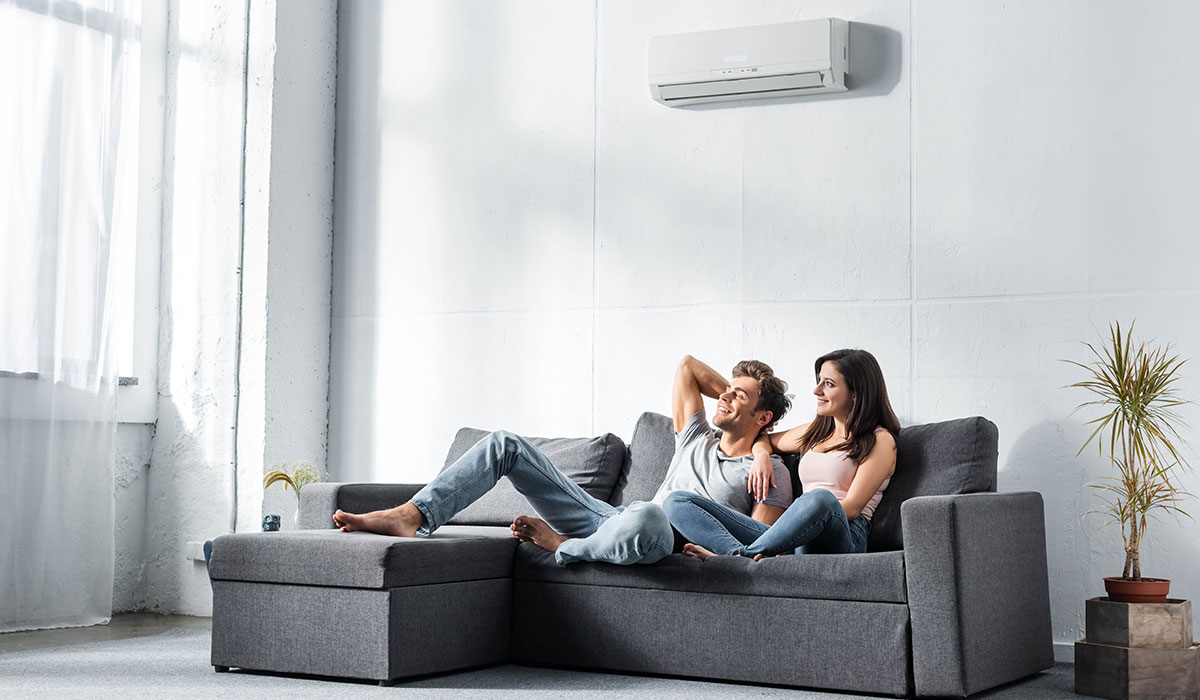The world of air conditioning can be bewildering for many, especially when it comes to understanding the differences between inverter and non-inverter systems. Both have their pros and cons, but understanding how they work and which might be the best option for your needs can make a big difference in your comfort and energy efficiency. In this guide, we will explore these two technologies in depth to help you make an informed decision.
What is an inverter air conditioning system?
Inverter air conditioning systems use more advanced technology compared to non-inverter systems. The key to this technology lies in its ability to continuously adjust the compressor speed according to the desired indoor temperature. This means that the compressor does not turn on and off repeatedly, as it does in non-inverter systems, but operates at a variable speed to maintain a constant temperature more efficiently.
Advantages of inverter air conditioning:
- Greater energy efficiency: By avoiding the energy peaks associated with non-inverter systems, inverter systems can save up to 30% in energy costs.
- Constant temperature: The ability to continuously adjust the compressor speed allows maintaining a constant indoor temperature, resulting in greater comfort.
- Lower noise: Inverter systems tend to be quieter compared to non-inverter systems, as the compressor does not turn on and off as frequently.
What is a non-inverter air conditioning system?
Non-inverter air conditioning systems are more traditional and use a compressor that runs at a fixed speed. When the indoor temperature reaches the set point on the thermostat, the compressor turns off and then turns back on when the temperature rises again. This on/off cycling can result in higher power consumption and indoor temperature fluctuations.
Advantages of non-inverter air conditioning:
- Lower initial cost: Non-inverter systems tend to be less expensive compared to inverter systems, which can make them more attractive from an initial budget standpoint.
- Easier maintenance: With fewer electronic components, non-inverter systems can be easier and less costly to maintain and repair.
Side-by-side comparison
- Energy efficiency: Inverter air conditioning outperforms non-inverter air conditioning in terms of energy efficiency, resulting in long-term savings in energy costs.
- Comfort: Inverter systems offer greater comfort due to their ability to maintain a constant temperature and quieter operation.
- Initial cost: Non-inverter systems may be more affordable in terms of initial cost, but it is important to consider the long-term savings in energy consumption with inverter systems.
Conclusion
Ultimately, the choice between an inverter and non-inverter air conditioning system will depend on your specific needs, as well as your priorities in terms of energy efficiency, comfort and budget. If you are looking for more efficient operation and greater comfort, an inverter system may be the best option despite its higher initial cost. However, if your main concern is initial budget and you are less concerned about energy efficiency, a non-inverter system may be right for you. In any case, it is important to consult with a professional to determine the best option for your home or business.
